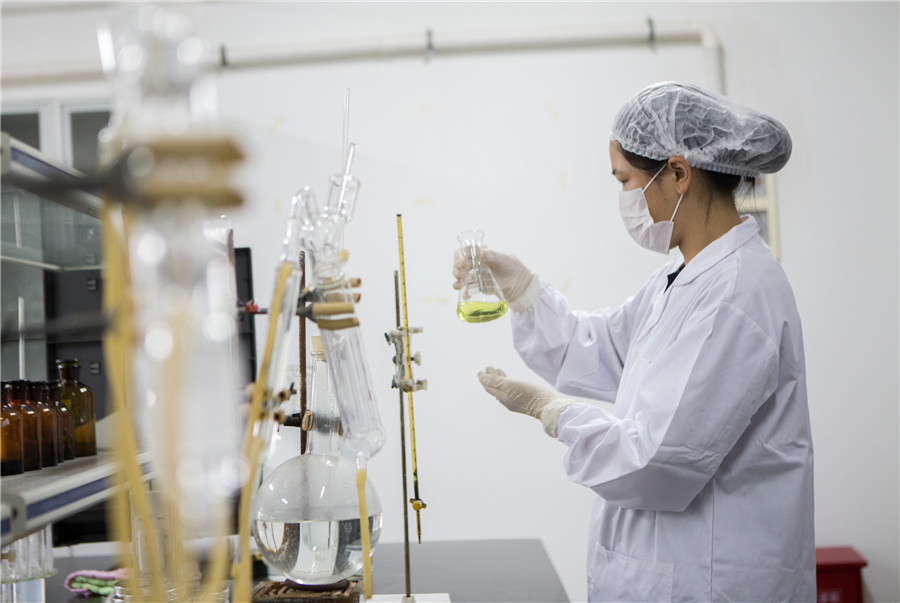Taste buds tantalized in nation's 'duck capital'
By CANG WEI in Nanjing | China Daily | Updated: 2019-12-26 07:10

Nowadays, geese lay fewer eggs than ducks and require a strictly controlled environment, including humidity levels, temperature and exposure to the sun. As these birds are larger than ducks and chickens, many people worry that goose meat may go bad before it is eaten.
Ducks reach maturity quicker than chickens, with the former ready to be served on dining tables in about 45 days, contributing to their popularity in Nanjing and neighboring areas.
Tao said, "In the Qing Dynasty, Nanjing ducks were not only served to royal families, but also used as presents by officials."
Local people traditionally eat the 'five yellows' during the Dragon Boat Festival, Tao said, referring to eel, yellow croaker fish, cucumber, salted duck egg and wine. The egg yolk is believed to dispel evil spirits and bring good luck.
"Duck is pronounced ya in Chinese, which is pronounced the same way as 'suppress'. People hope that by eating duck egg yolk, evil spirits can be suppressed," Tao added.
During the Dragon Boat Festival, which falls on May 5 in the Chinese lunar calendar, some children in Nanjing hang small sachets round their necks, each with a duck egg inside.
In addition to roast and salted ducks, a range of street foods consisting of duck meat, fat and blood can be found in Nanjing and neighboring cities. One of the best-known is duck blood vermicelli soup, which may conjure up images of Halloween for many visitors. The blood used for the soup is formed into small, red cubes and tastes similar to tofu, only with a more subtle flavor.
Other popular foods made from ducks include soup dumplings stuffed with small pieces of roast duck meat, duck blood wonton and sesame pastry made with duck fat.
























